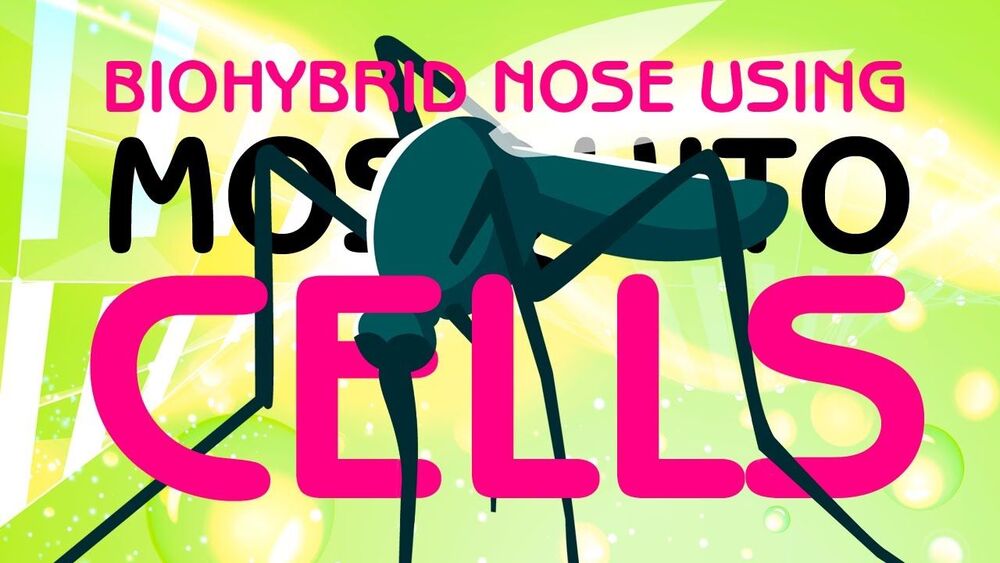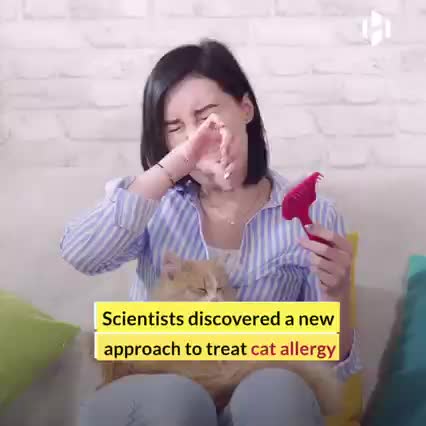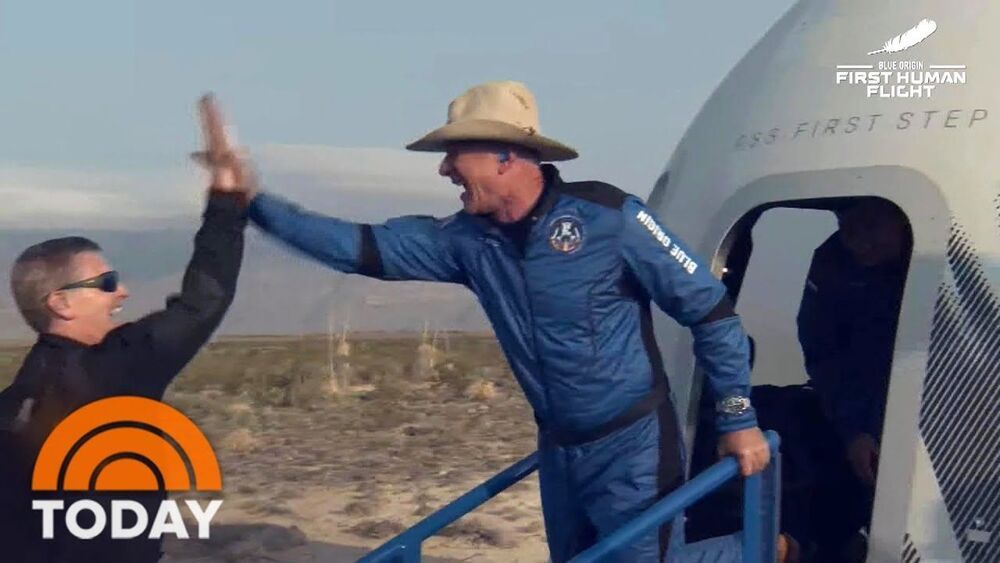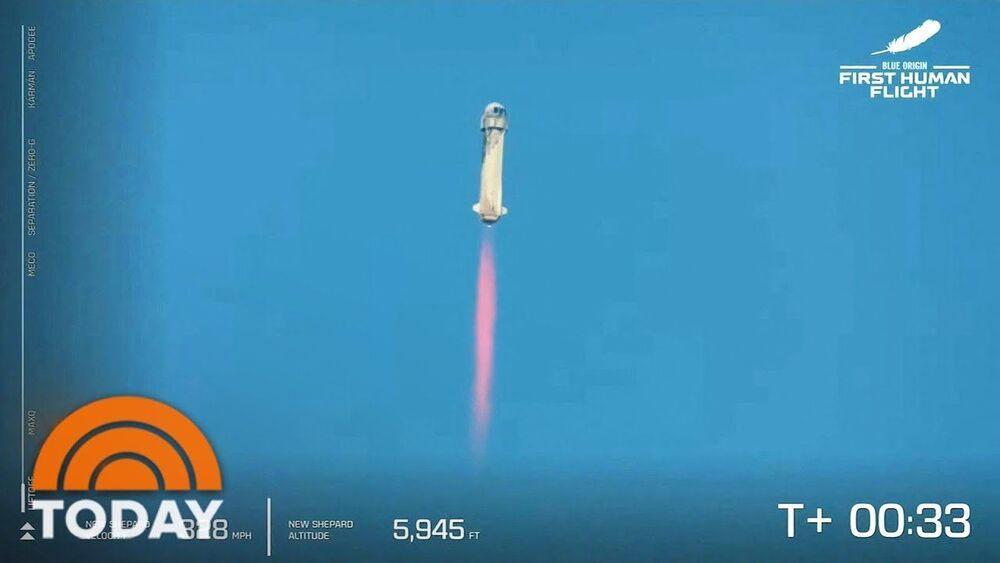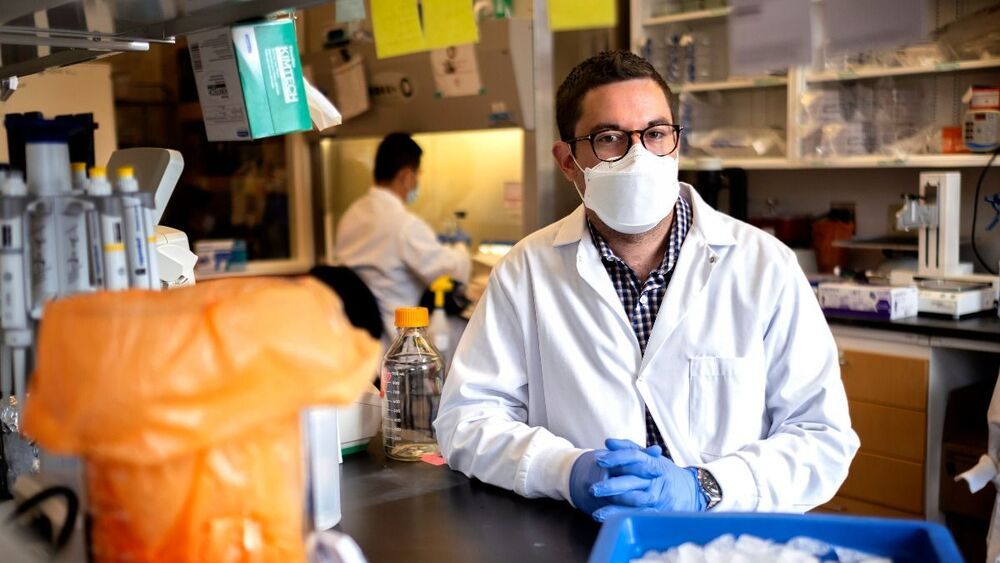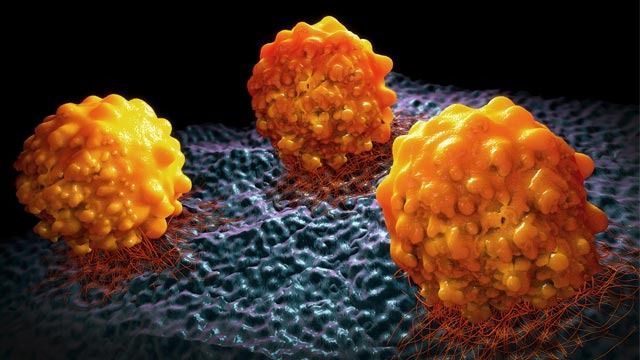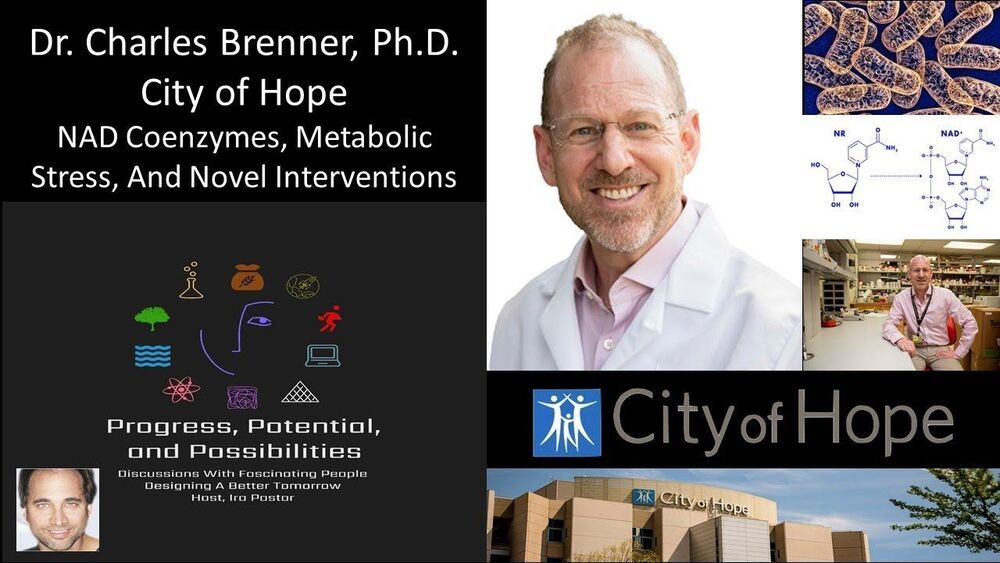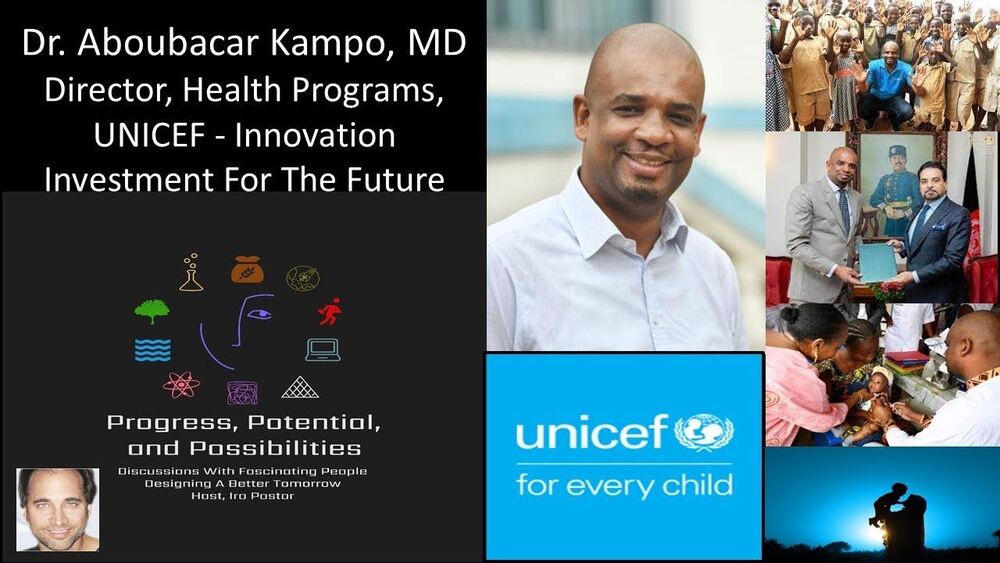💠 Japanese researchers have created a “nose” mosquito that can detect odors from tiny droplets of liquid droplets. The research could lead to the creation of Smell-O-Vision for machines and a means of diagnosing early cancer, they say. Japanese researchers have created a “nose” that can detect different odors at the same time. The team used two bubbles, each filled with oil, broken horizontally, to create a squinted figure-eight. They hope to use it to develop an artificial nose in the future.
Researchers have developed a “bionic nose” that can detect odor molecules. The team hopes to use the device as an inexpensive way to diagnose the early stages of illness. Eventually, the team wants to use their bionic nose for cancer and other health issues. They hope to make the device available to the public soon.
Thanks and Enjoy 🔥 🔥
- -
🎥 #BioEngineering #Mosquitoes #Cells.
Sources:
⚉ https://www.nature.com/articles/nature.2014.14904#:~:text=The%20human%20nose%20has%20roughly, report%20today%20in%20Science1.
⚉ https://www.eurekalert.org/pub_releases/2021-01/uot-hdy011121.php.
⚉ https://advances.sciencemag.org/content/7/3/eabd2013
